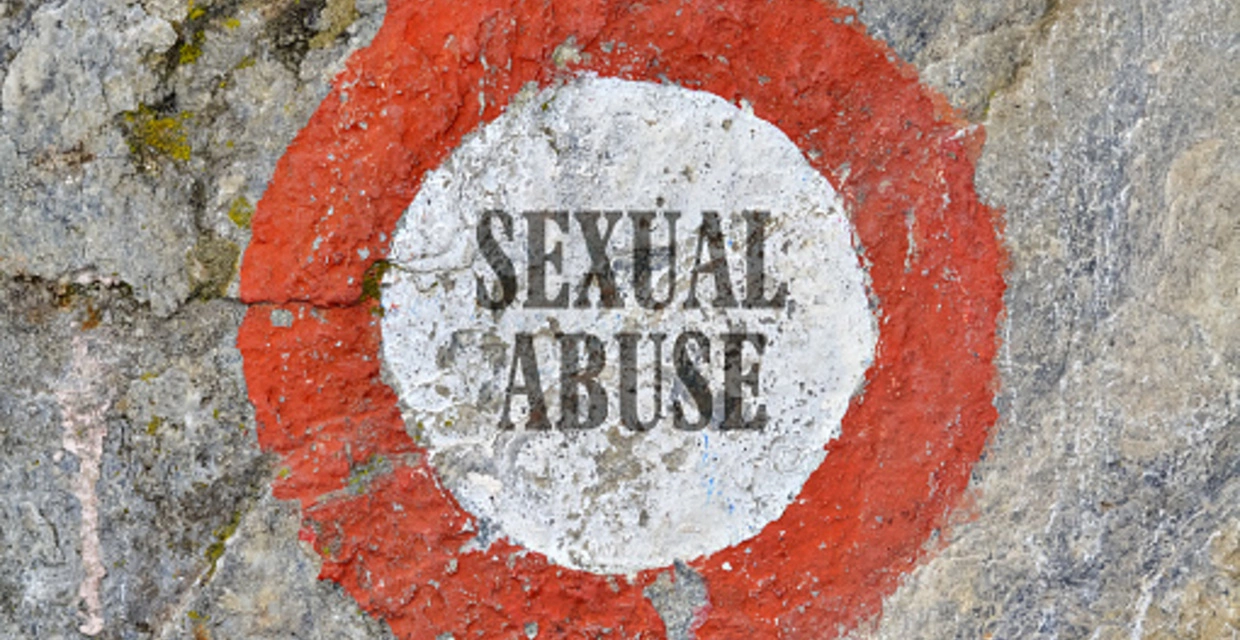
Sexual abuse is a deeply distressing and pervasive difficulty that manifests in diverse forms, leaving lasting scars on individuals and communities. Understanding the different styles of sexual abuse is crucial for recognizing and addressing this complex trouble. Broadly classified, sexual abuse encompasses a range of behaviors and moves that violate a person’s autonomy, dignity, and rights.
Here are some of the types of sexual abuse:
Physical Sexual Abuse: This involves any form of bodily pressure or violence used to coerce or manipulate a person into carrying out sexual pastimes against their will. It can range from undesirable touching to rape. Physical sexual abuse regularly leaves visible injuries and scars. However, it additionally inflicts deep emotional wounds, leading to emotions of worry, helplessness, and shame in the sufferer. For instance, If a clergy sexually abuses you, hire a skilled lawyer to help with the average settlement for clergy abuse.
Verbal Sexual Abuse: Verbal sexual abuse encompasses any sexually explicit language or remarks that are used to degrade, humiliate, or intimidate someone. This can encompass sexual harassment, lewd remarks, or specific threats of sexual violence. Verbal abuse can be simply as detrimental as physical abuse, as it attacks the victim’s sense of self-worth and can create opposed and risky surroundings.
Child Sexual Abuse: This refers to any sexual interest in a toddler wherein consent can’t or isn’t given. Child sexual abuse can take many forms, along with molestation, incest, exploitation, and little one pornography. The results of toddler sexual abuse may be, in particular, extreme and prolonged-lasting, often main to intellectual problems, relationship troubles, and lifetime trauma.
Sexual Exploitation: Sexual exploitation involves taking gain of someone’s vulnerability or dependence for sexual purposes. This can occur in numerous contexts, which include inside intimate relationships, workplaces, or trafficking conditions. Exploitation often consists of manipulation, coercion, or deception to engage the sufferer in sexual acts or behaviors they might no longer otherwise consent to.
Emotional Sexual Abuse: Emotional sexual abuse involves manipulating someone’s feelings and vanity to gain sexual control over them. This can embody the use of guilt, coercion, or manipulation to strain someone into sexual acts or to maintain them in a sexually abusive court. Emotional abuse undermines the victim’s self-assurance and autonomy, leaving them feeling trapped and powerless.
Sexual Assault: Sexual attack includes a wide type of non-consensual sexual acts, which include rape, attempted rape, and distinctive varieties of sexual violence. It can rise among strangers or inside relationships, and it often includes physical stress, threats, or coercion to overpower the sufferer. Sexual attacks can cause excessive physical accidents and further profound psychological trauma, like PTSD, melancholy, and anxiety.
Online Sexual Abuse
With the upward push of the net, sexual abuse has extended into the digital realm. Online sexual abuse includes activities like grooming, cyberbullying, revenge porn, and the solicitation of minors for sexual purposes. Perpetrators may additionally use social media, chat rooms, or online gaming structures to goal and gain in their sufferers, regularly hiding inside the again of anonymity to keep away from detection.
Final Thoughts
Each form of sexual abuse inflicts harm, but all share a common thread of violating the sufferer’s autonomy, dignity, and simple human rights. Addressing sexual abuse requires not only helping survivors but also imposing preventive measures, raising recognition, and protecting perpetrators answerable for their moves. It’s crucial to foster a subculture of consent, appreciation, and empathy to fight sexual abuse in all its bureaucracy.
